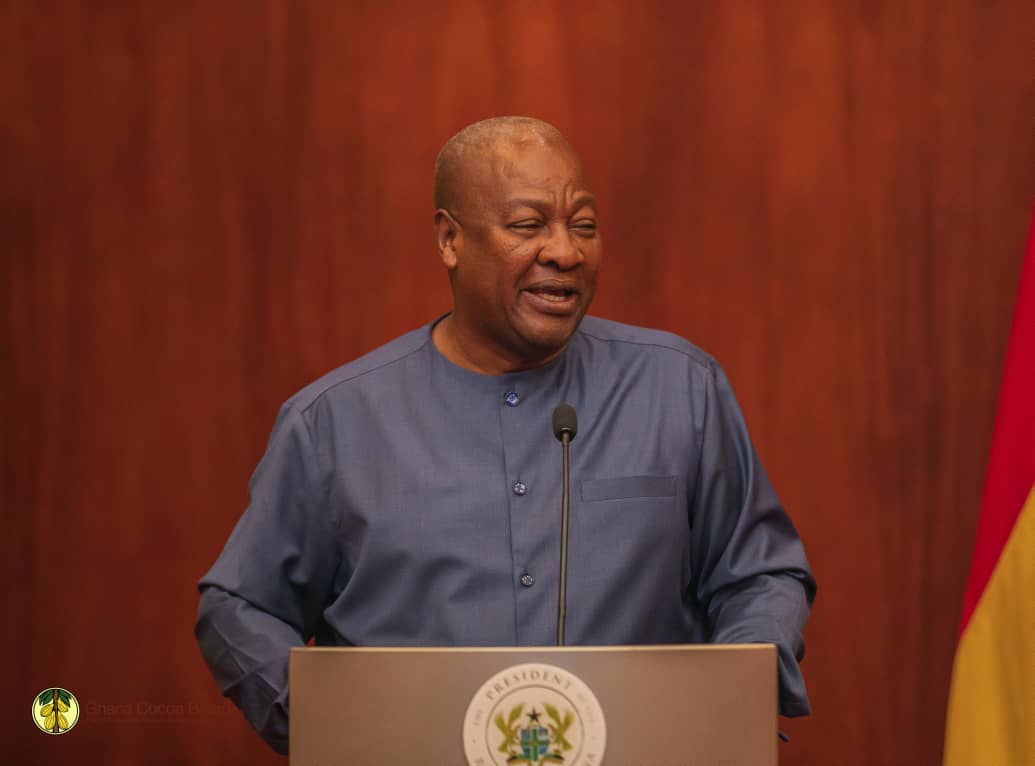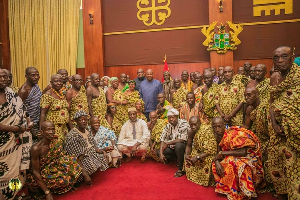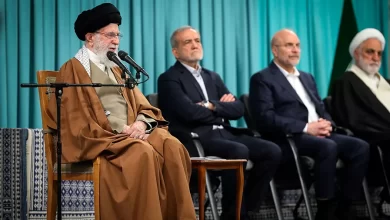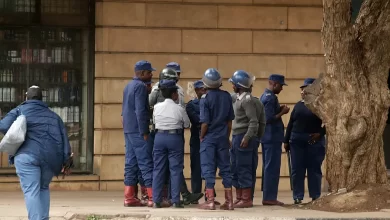
President John Dramani Mahama has called on the Ghana Cocoa Board (COCOBOD) to embrace innovation and adopt modern technology alongside best agronomic practices to significantly enhance yields while maintaining sustainable farm sizes. This, he said, is essential to boost productivity in the cocoa sector without compromising environmental and agricultural sustainability.
President Mahama made these remarks during a courtesy call paid to him at the Jubilee House, Accra, by the Chief Executive of COCOBOD, Dr. Ransford Anertey Abbey, accompanied by members of the Cocoa Coffee & Sheanut Farmers Association (COCOSHE).
He commended the farmers for their steadfast commitment and investments, which have kept the cocoa, coffee, and shea industries resilient despite the numerous challenges they face. Acknowledging the sector’s financial struggles, the President expressed confidence in the ability of the current leadership to address COCOBOD’s GHC32 billion debt through sound fiscal management.
Protecting Cocoa Farms and the Environment
President Mahama stressed the importance of protecting cocoa farmlands from threats such as illegal mining and deforestation. He reiterated his administration’s intention to introduce stringent legal measures to safeguard cocoa farms, stating, “We will pass laws to protect cocoa trees and ensure they are not cut for mining. This will preserve the sector and safeguard the environment for future generations.”
He further highlighted the urgent need to address illegal mining and its destructive impact on cocoa farms, as well as measures to curb smuggling, which has drained the country’s foreign exchange earnings and undermined production levels.

Revitalizing and Diversifying the Sector
The President pledged to revamp the cocoa sector, addressing systemic issues such as inadequate input supply and the collapse of critical processing facilities. He hinted at plans to diversify the agricultural portfolio by collaborating with Colombia to boost coffee production. He also shared optimism about ongoing talks with Sahel states to lift the ban on the export of shea fruits, a move that could significantly enhance Ghana’s shea production, currently standing at approximately 70,000 metric tonnes annually.
The Shea Sector’s Struggles
In a speech delivered on his behalf, Alhaji Alhassan Bukari, the National President of COCOSHE, highlighted the struggles faced by the shea industry. He lamented the closure of the Buipe Shea Processing Plant, which had led to job losses and stagnated growth in the sector. However, he expressed hope in the government’s commitment to revamping the factory to restore its economic significance.
Alhaji Bukari emphasized the need for the government to prioritize the welfare of farmers as a critical incentive to boost production. He also called for stricter measures to combat cocoa smuggling, warning of the devastating impact on Ghana’s cocoa output and its global standing.
“Illegal mining is taking over the lands of our cocoa farmers, forcing them to watch helplessly as their livelihoods are destroyed. We urge the government to take decisive action,” he stated.
A Path Forward
President Mahama’s interaction with COCOBOD and COCOSHE leaders reaffirmed his administration’s commitment to tackling the multifaceted challenges confronting Ghana’s cocoa sector. His vision to combine innovation, sustainability, and farmer-centered policies is expected to chart a promising path for the industry’s future, securing its place as a cornerstone of Ghana’s economy.
Story by: Mercy Addai Turkson #ahotoronline.com




